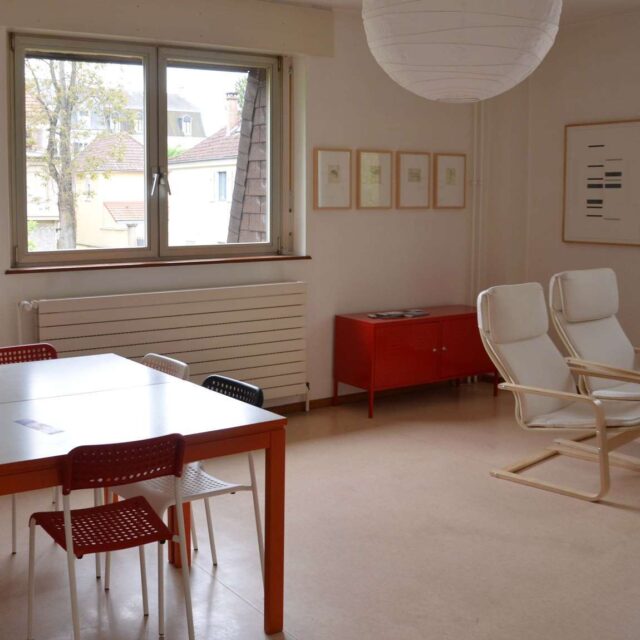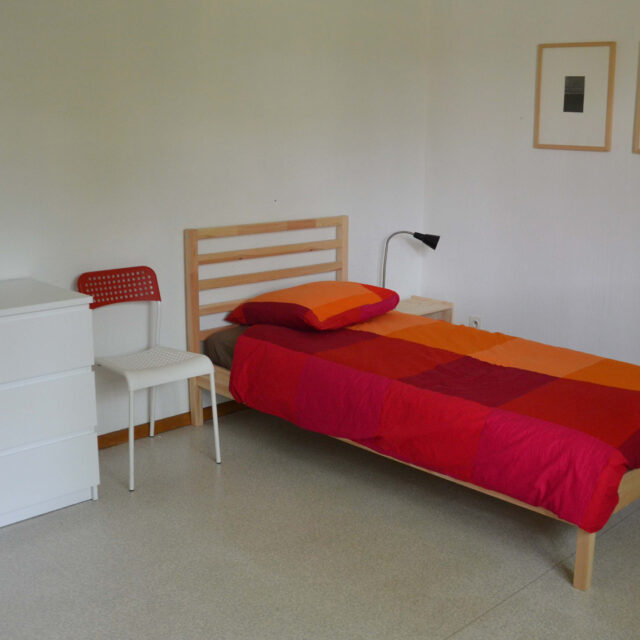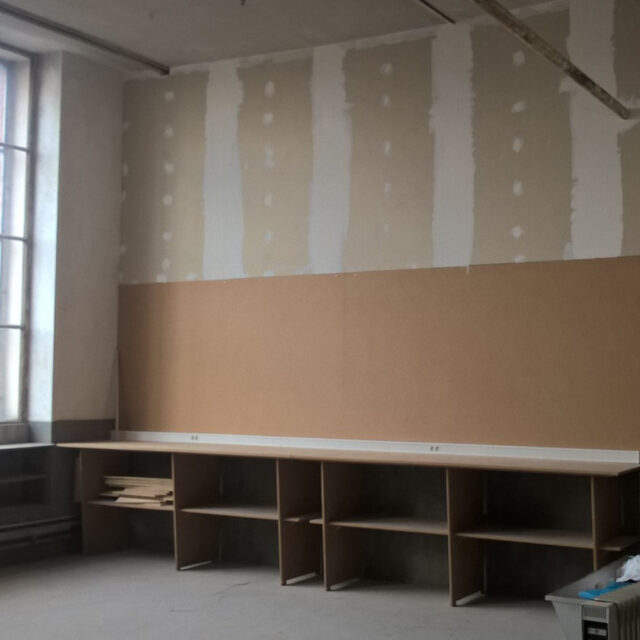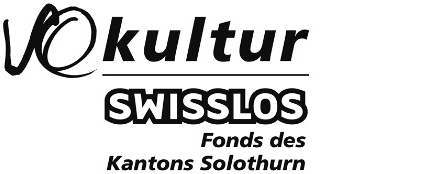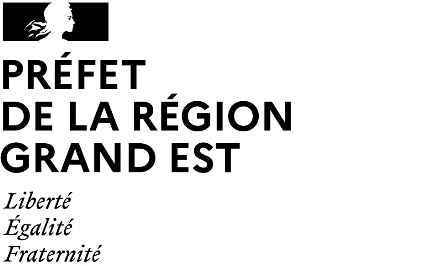Mulhouse
The city:
Mulhouse’s history has long been inextricably entwined with textiles, from the founding of its first textile printworks in 1746 – back when it was known as “the city of a hundred chimneys” – up until the nineteenth century. Mulhouse experienced an initial industrial boom that was entirely rooted in its textile production. It was at this time that the layout of the city took shape and that Mulhouse experienced a wide-ranging intellectual and cultural upswing driven in part by developments in the textile industry. Mulhouse experienced a setback starting in the second half of the 20th century – a situation that grew worse with the collapse of the textile sector due in large part to advancements in manufacturing techniques and the globalisation of commerce. This post-industrial era, which left Mulhouse neglected and slowly deteriorating like an old museum piece, has long been a burden on the city. However, during the past ten or so years, there has been a growing desire in the city to resurrect its traditions and re-examine its textile heritage.
Unique:
The residency will bring together the research organisations, industrial bodies, arts facilities, and museums that preserve Mulhouse’s textile heritage.
- Ecole Nationale Supérieur d’Ingénieurs Sud Alsace
- Institut Supérieur Textile d’Alsace
- Haute école des arts du Rhin, textiles department
- Museum of Printing Fabrics
- DMC, Dollfus-Mieg et Compagnie, a textiles company
The accommodation is located on Rue de la Bibliothèque, Mulhouse, in the former premises of the Concièrge of the Mulhouse City Library. The three-room apartment with a kitchen and bathroom can accommodate one to two guests of the Kunsthalle Mulhouse at any one time.
Studio:
The Kunsthalle Mulhouse studio is situated in the former halls of the abandoned DMC textile factory, in the newly developed Motoco atelier house and cultural centre on Rue de Pfastatt.

